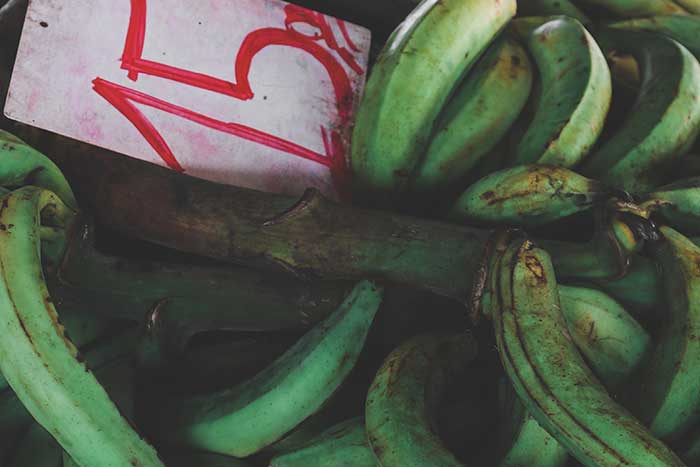
@tadeu
Food is a necessity. You can’t skip the cost entirely, but you can shrink it down. Find out how you can do this without going hungry.
Start a Budget:
The first thing that you should do is put together a budget. A budget will show you exactly how much money you have available, so you know your spending limits when it comes to your essential expenses — including food.
It’s always crucial that you leave wiggle room in your budget. Spending everything in your account every single month is a risky activity. You want to leave yourself enough savings to handle unexpected problems like car trouble or plumbing issues right away.
There are solutions if you forget to leave wiggle room. You could apply for CreditFresh to help you handle emergencies when you don’t have enough savings available. You could request a withdrawal from a personal line of credit to cover the costs and then manage the repayments afterward. It’s important that you only turn to this solution for emergencies.
Cutting your food costs can help you avoid this problem. Just put your monthly savings into an emergency fund. Problem solved!
Skip the Takeout:
Ordering out once in a while is fine, but making a habit of it will have a huge impact on your wallet. Skipping out on takeout will help you save lots of money. Recently, 78% of Americans said they saved money by not going out to eat at restaurants and takeout joints as much as they usually do. You could do the same.
If you’re having a hard time breaking the habit, start with simple switches like brewing your coffee instead of getting it at the drive-thru in the morning. When that gets easy, you can replace other takeout meals with homemade versions.
Plan Your Grocery Trips:
When you go to the grocery store without a plan, you’re going to overspend. You pick up things on impulse. You forget things that you actually need to buy. You grab things that you already have sitting in the fridge.
Before you go to the store, you should do the following:
- Research recipes and meal ideas.
- Write a shopping list.
- Collect coupons or discount codes.
Learn Your Pantry Staples:
Pantry staples are long-lasting, shelf-stable items that you will always want to have sitting in your cupboards. And the best part? They’re often really cheap. Think of things like cans of beans, tuna, or tomatoes. Look up pantry staple recipes so that you know how to whip up some quick and easy meals whenever your fridge is sparse. It will stop you from ordering takeout.
Don’t Let Your Produce Go Bad:
Wasted food is wasted money. If you’re tossing a lot of food in the trash every week, you’re wasting a lot of your hard-earned cash.
What about fruits and vegetables? These tend to go bad quickly. Sometimes, you only have a few days before they go bad and need to be thrown out. If you want to cut down on waste, you should freeze fruits and vegetables to keep them “fresh” for much longer. It’s a simple solution to your food waste problem.
You can also preserve some of your products to stop them from getting thrown out. Turn extra berries into jam. Pickle cucumbers, green beans, and red onions. Dehydrate banana slices and pineapple rings to make healthy snacks.
You can have a fully stocked kitchen and a full bank account at the same time. As long as you follow these savvy tips, you don’t have to choose between one or the other.


